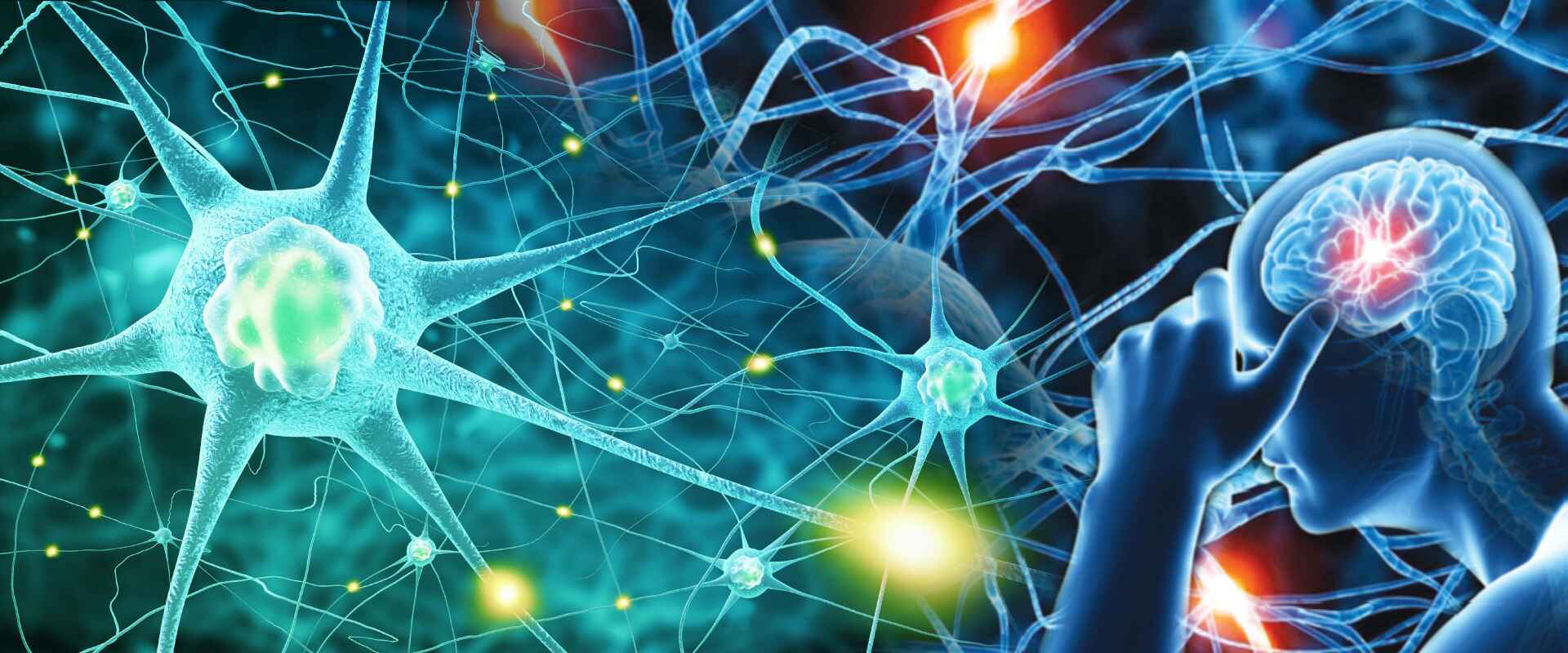Self-perception of improved mental health among adult babies during the COVID-19 pandemic
Keywords:
Minority stress, Resilience, Mental health, Adult baby, Age-play, Littlespace, COVID-19Abstract
Objectives: Adult babies are adults who engage in consensual roleplay as preoedipal children; they are a minority group which experiences significant stress and anxiety as a result of the shame and stigma of their regressive desires. The COVID-19 pandemic has placed additional stressors upon this group. Objective: The author sought to discover how adult babies would self-rate the impact of the COVID-19 pandemic on their mental health. Methods: A web-based survey was carried out in May 2021 using Google Forms. Data analysis was performed using JASP. Statistical analysis was completed with the use of Chi-square and T-tests. Results: Of the 395 participants, 73.6% identified as male, 14.9% identified as female, and 10.8% identified as having another gender identity. Among all participants, 57.7% reported that they believed that adult baby activities (such as using pacifiers, sippy cups, or diapers) improved their mental health while 23.7% reported that they believed these activities kept their mental health from getting worse. A statistically significant (p.001) number of participants reported an increase in the frequency of such activities during the pandemic. The average PHQ-4 score among all participants averaged 4.87, which indicated a mild depression-anxiety comorbidity. COV19-QoL scores, which measured self-perception of quality of life secondary to mental health during the COVID-19 pandemic, averaged 3.26 for all participants compared to a non-clinical norm score of 2.91 which suggests that adult babies perceived the pandemic as having a significant impact on their quality of life including symptoms of depression and anxiety. Conclusion: Adult baby activities increased in frequency during the pandemic and are perceived as being vital to mental health. They represent an adaptive coping strategy which facilitated resilience during the COVID-19 pandemic

